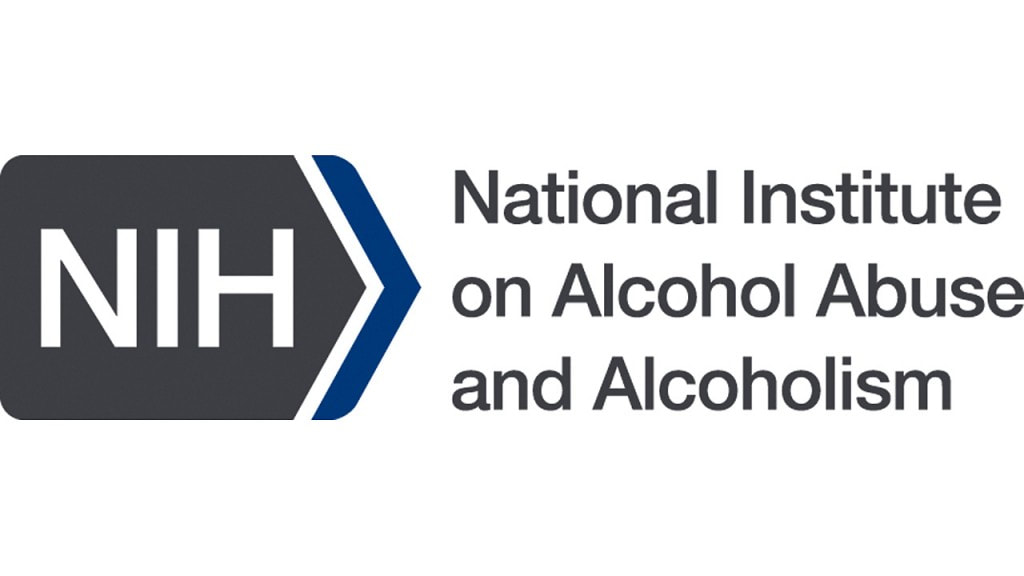Substance Use Issues & the immune system
See also:
|
Methamphetamine Abstract The recreational use of methamphetamine (METH, or ice) is a global burden. It pervades and plagues contemporary society; it has been estimated that there are up to 35 million users worldwide. METH is a highly addictive psychotropic compound which acts on the central nervous system, and chronic use can induce psychotic behavior. METH has the capacity to modulate immune cells, giving the drug long-term effects which may manifest as neuropsychiatric disorders, and that increase susceptibility to communicable diseases, such as HIV. In addition, changes to the cytokine balance have been associated with compromise of the blood–brain barrier, resulting to alterations to brain plasticity, creating lasting neurotoxicity. Immune-related signaling pathways are key to further evaluating how METH impacts host immunity through these neurological and peripheral modifications. Combining this knowledge with current data on inflammatory responses will improve understanding of how the adaptive and innate immunity responds to METH, how this can activate premature-ageing processes and how METH exacerbates disturbances that lead to non-communicable age-related diseases, including cardiovascular disease, stroke, depression and dementia. |
|
Alcohol Excerpt Not only does the immune system mediate alcohol-related injury and illness, but a growing body of literature also indicates that immune signaling in the brain may contribute to alcohol use disorder. The article by Crews, Sarkar, and colleagues presents evidence that alcohol results in neuroimmune activation. This may increase alcohol consumption and risky decisionmaking and decrease behavioral flexibility, thereby promoting and sustaining high levels of drinking. They also offer evidence that alcohol-induced neuroimmune activation plays a significant role in neural degeneration and that the neuroendocrine system is involved in controlling alcohol’s effects on peripheral immunity. |
|
Cocaine
Excerpt Results: We provide evidence that exposure to social stress at an early age permanently sensitizes the peripheral (splenocytes) and brain (microglia) immune responses to cocaine in mice. In the brain, microglial activation in the ventral tegmental area of social-stress mice was associated with functional alterations in dopaminergic neurotransmission, as measured by whole-cell voltage clamp recordings in dopamine neurons. Notably, preventing immune activation during the social-stress exposure reverted the effects of dopamine in the ventral tegmental area and the cocaine-induced behavioral phenotype to control levels. In humans, cocaine modulated toll-like receptor 4-mediated innate immunity, an effect that was enhanced in those addicted to cocaine who had experienced a difficult childhood. Conclusions: Collectively, our findings demonstrate that sensitization to cocaine in early life-stressed individuals involves brain and peripheral immune responses and that this mechanism is shared between mice and humans. |
|
Marijuana
Abstract The recreational smoking of marijuana, or Cannabis sativa, has become widespread, including among adolescents. Marijuana contains a class of compounds known as phytocannabinoids that include cannabidiol (CBD) and Δ(9)-tetrahydrocannabinol (THC). THC is the major psychoactive component in marijuana, but also exhibits immunosuppressive activity. CBD, while not psychotropic, also modulates immune function, but its mechanism of action appears to differ from that of THC. Since both compounds are highly lipophilic, they readily passage the blood-brain barrier and access the central nervous system. Since CBD is not psychotropic, it has been considered as a candidate therapeutic compound for ablating neuropathological processes characterized by hyperinflammation. However, an unresolved question centers around the impact of these compounds on immune-competent cells within the CNS in relation to susceptibility to infection. There are accumulating data indicating that THC inhibits the migratory capability of macrophage-like cells resident in the CNS, such as microglia, toward nodes of microbial invasion. Furthermore, phytocannabinoids have been reported to exert developmental and long-term effects on the immune system suggesting that exposure to these substances during an early stage in life has the potential to alter the fundamental neuroimmune response to select microbial agents in the adult. |
|
Addiction
Excerpt Over the years, drug addiction has proven to be a perplexing conundrum for scientists. In attempts to decipher the components of the puzzle, multiple theories of addiction have been proposed. While these theories have assisted in providing essential fundamental information, current research recommends that a new theory needs to be presented taking into consideration the results of recent developments in the fields of neuroimmunology, genetics, and neuropsychiatry. After extensively examining the published literature, we propose in this review that neuroinflammation and hypothalamic functioning strongly underpin addictive behavior. |












